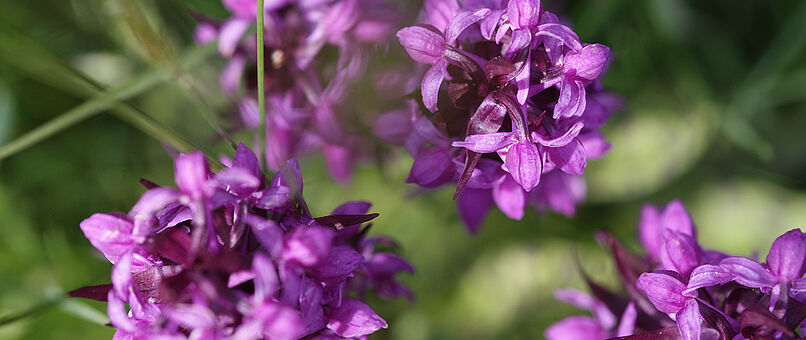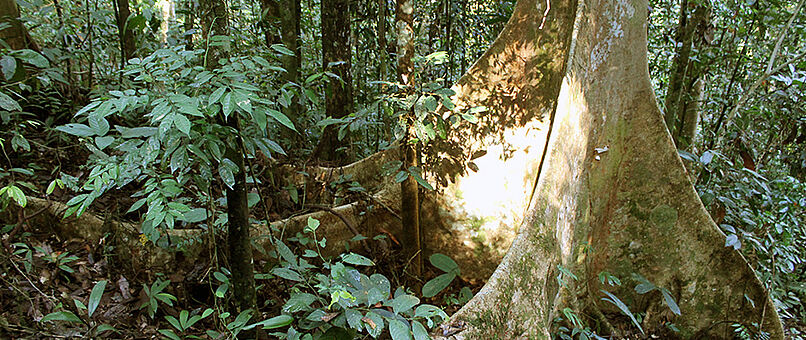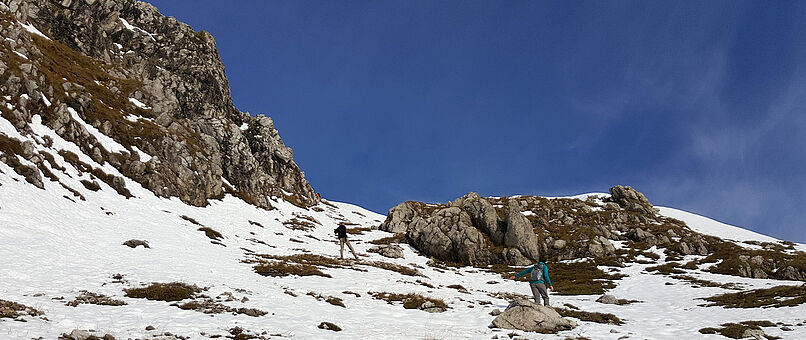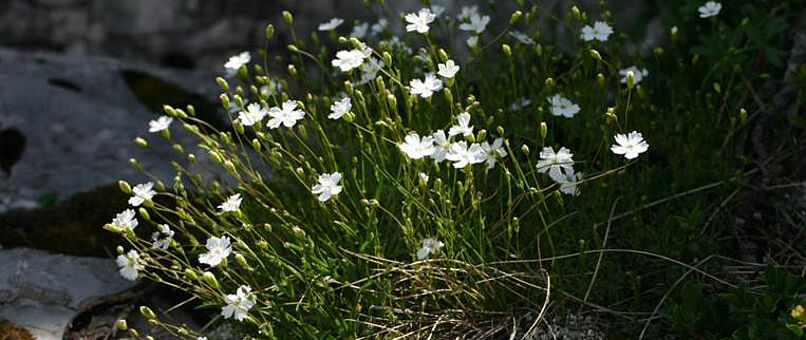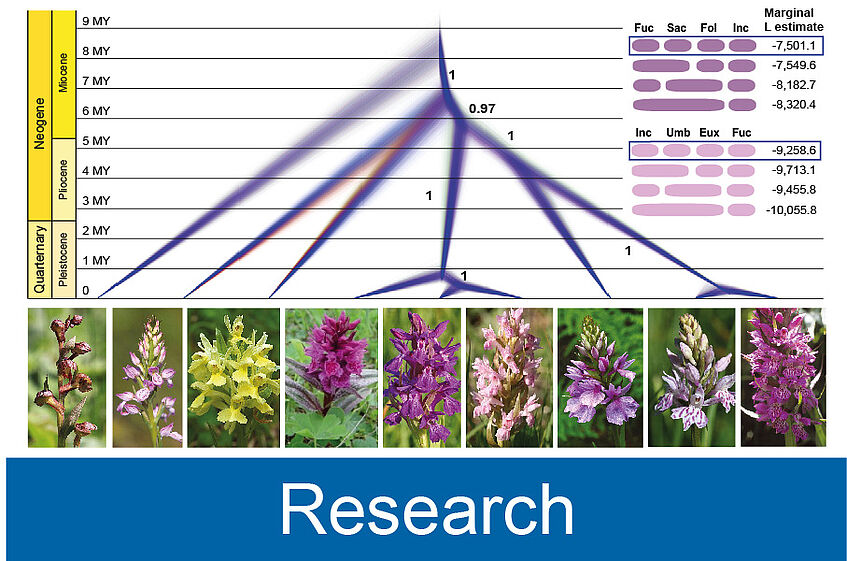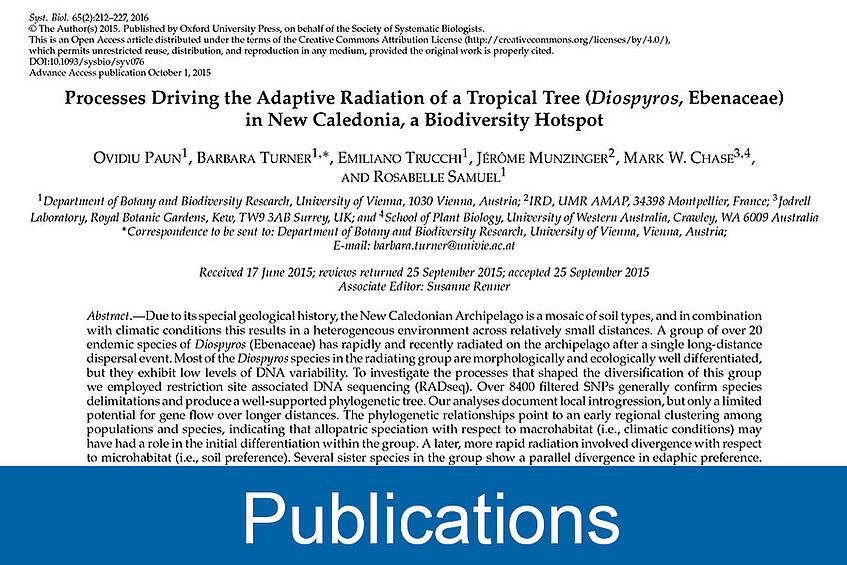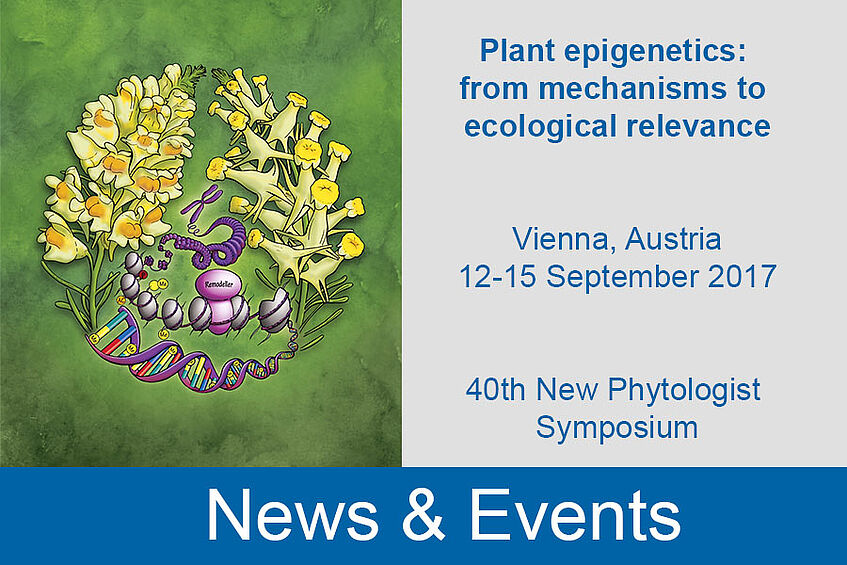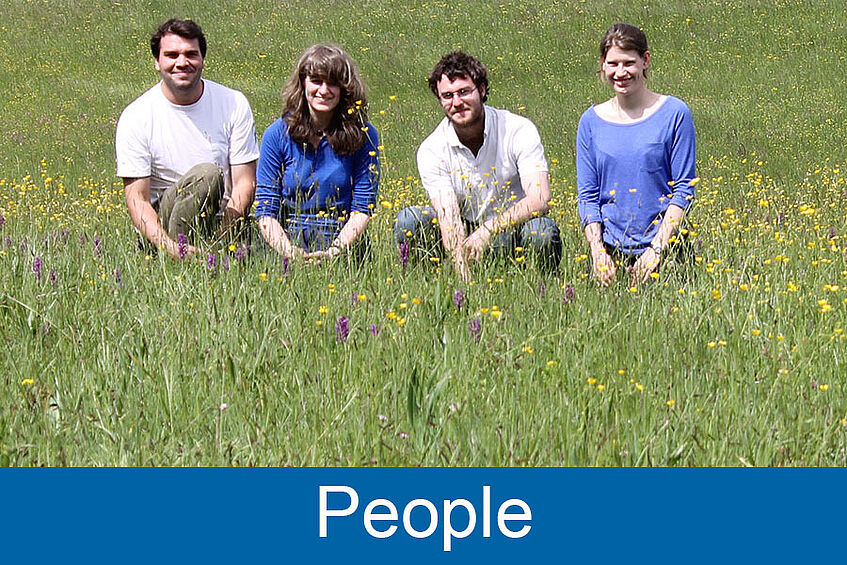Understanding how biodiversity originates and evolves requires examining adaptive change across multiple temporal and biological scales. Although evolution was once considered a slow process, we now know that rapid adaptive shifts can occur in response to abrupt changes — from climatic fluctuations to genomic events such as hybridization or whole-genome duplication leading to polyploidization.
Our group investigates why and how organisms diversify, with a particular focus on adaptation, divergence, and the processes that enable lineages to radiate into new ecological niches. We use integrative approaches rooted in comparative and population genomics to uncover the genomic, ecological, and developmental factors that drive evolutionary change.
By combining molecular data with detailed environmental context, we study relevant plant systems to understand the processes that generate and maintain biodiversity. A central theme of our research is exploring how environmental heterogeneity shapes evolutionary trajectories, and how some lineages transition from slow change to explosive adaptive radiation. Structural genomic variation is one of several layers we consider when examining the molecular basis of evolution.
Selected recent publications
For the complete publication list see here.
Groot Crego et al. 2024. CAM evolution is associated with gene family expansion in an explosive bromeliad radiation. The Plant Cell 36: 4109-4131.
Chase et al. 2023. Down, then up: non-parallel genome size changes and a descending chromosome series in a recent radiation of Australian allotetraploid plant species in Nicotiana section Suaveolentes (Solanaceae). Annals of Botany 131: 123-142.
Szukala et al. 2023. Polygenic routes lead to parallel altitudinal adaptation in Heliosperma pusillum (Caryophyllaceae). Molecular Ecology 32: 1832-1847.
Eriksson et al. 2022. Repeat dynamics across timescales: a perspective from sibling allotetraploid marsh orchids (Dactylorhiza majalis s.l). Molecular Biology and Evolution 39: msac167.
Yardeni et al. 2022. Taxon-specific or universal? Using target capture to study the evolutionary history of rapid radiations. Molecular Ecology Resources 22: 927-945.
Brandrud MK, Baar J, ..., Paun O. 2020. Phylogenomic relationships of diploids and the origins of allotetraploids in Dactylorhiza (Orchidaceae). Systematic Biology 69: 91-109.
Paun O, Verhoeven K, Richards C. 2019. Opportunities and limitations of reduced representation bisulfite sequencing in plant ecological epigenomics. New Phytologist 221: 738-742.
Trucchi E, Frajman B, ..., Paun O. 2017. Genomic analyses suggest parallel ecological divergence in Heliosperma pusillum (Caryophyllaceae). New Phytologist 216: 267-278.
Richards CL, Alonso C, et al. 2017. Ecological plant epigenetics: Evidence from model and non-model species, and the way forward. Ecology Letters 20: 1576–1590.
Paun O, Turner B, et al. 2016. Processes driving the adaptive radiation of a tropical tree (Diospyros, Ebenaceae) in New Caledonia, a biodiversity hotspot. Systematic Biology 65: 212-217.

